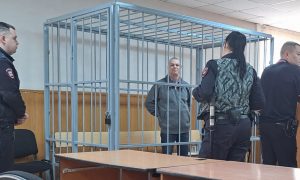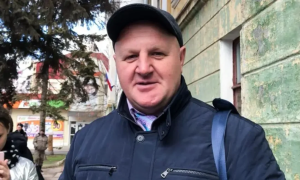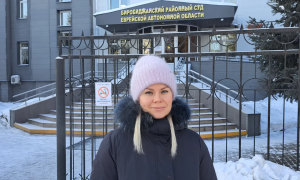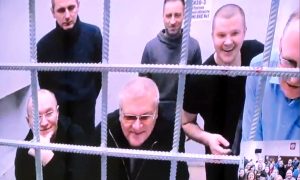The claim filed by the Ministry of Justice of the Russian Federation on 15 March before the Supreme Court is the latest crackdown on, and a further escalation of the harassment and judicial persecution suffered by Jehovah’s Witnesses in Russia, in contradiction with the international standards on freedom of religion or belief.
This decision could lead to the liquidation of the Administrative Centre and all local branches of Jehovah’s Witnesses in Russia and the confiscation of their properties. In the meantime, the Ministry has labelled the Administrative Centre as “extremist” and imposed a nationwide ban on all legal entities of Jehovah’s Witnesses. These are very negative developments, which could make it possible to launch criminal prosecutions against Jehovah’s Witnesses for mere acts of worship.
 Â
Â
The European Union shares the concern of the UN Human Rights Committee about a number of reports indicating that the Federal Law on Combating Extremist Activity is increasingly used in the Russian Federation to curtail freedom of religion, targeting, inter alia, Jehovah’s Witnesses.
The Russian authorities must ensure that Jehovah’s Witnesses can peacefully enjoy freedom of thought, conscience and religion and freedom of assembly and association rights without further interference, as guaranteed by the Constitution of the Russian Federation. The Russian authorities need to comply with their international commitments, inter alia, the European Convention on Human Rights and with international human rights standards.
The European Union continues to promote freedom of religion or belief as a right to be exercised by everyone everywhere, based on the principles of equality, non-discrimination and universality. Under international human rights law the exercise of the freedom of religion or belief in community include, but is not limited to, legal personality and non-interference in internal affairs, including the right to establish and maintain freely accessible places of worship or assembly, the freedom to select and train leaders and the right to carry out social, cultural, educational and charitable activities.
https://eeas.europa.eu/headquarters/headquarters-homepage/24397Â





